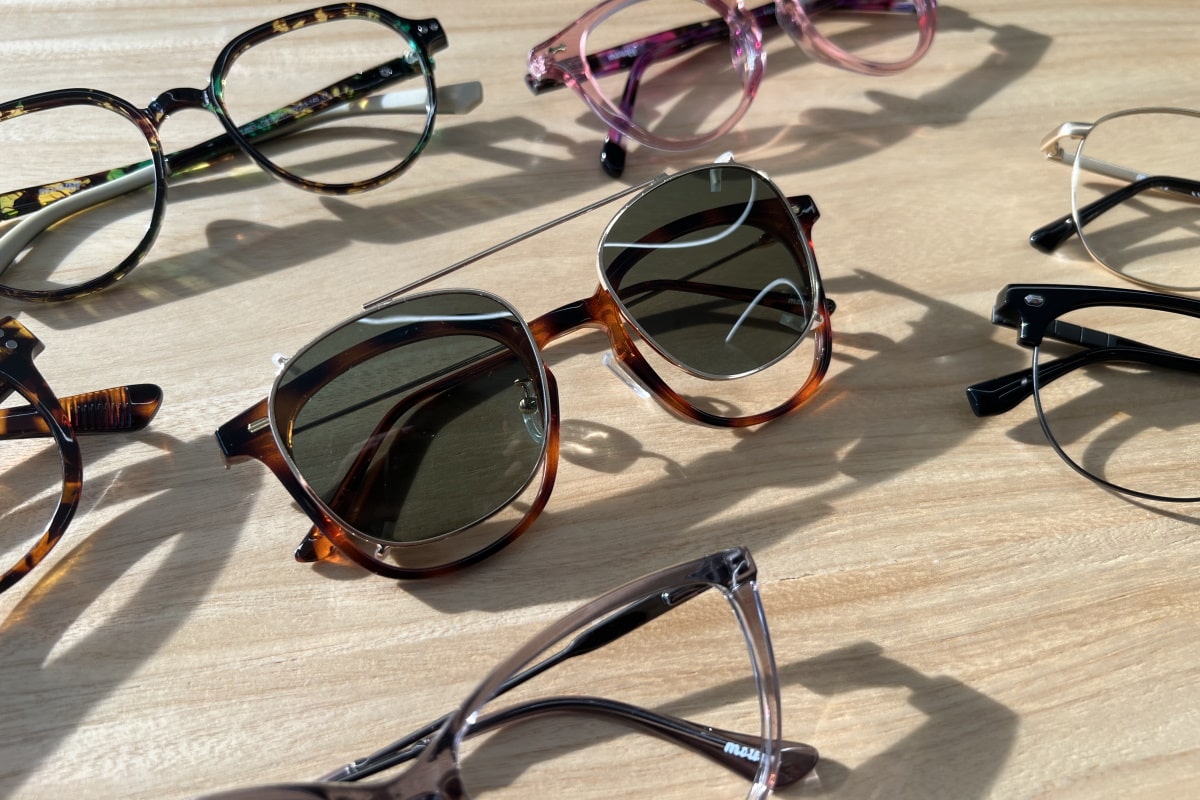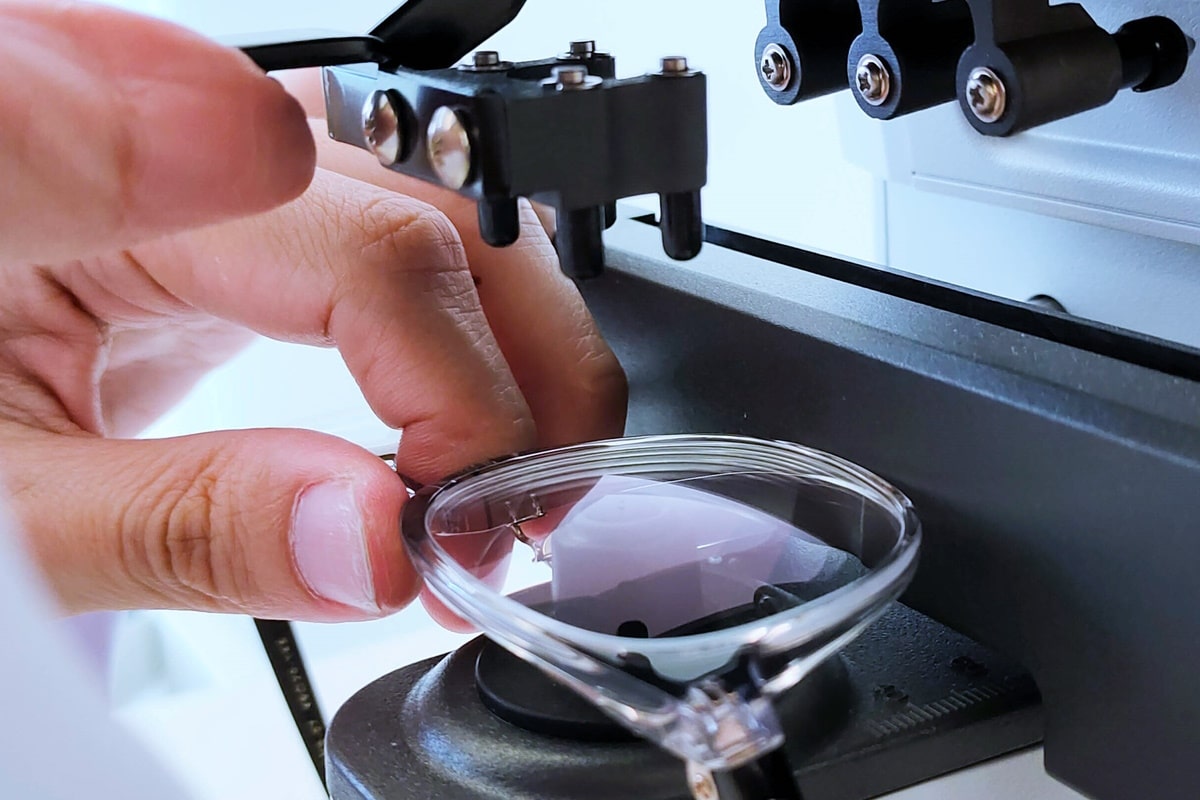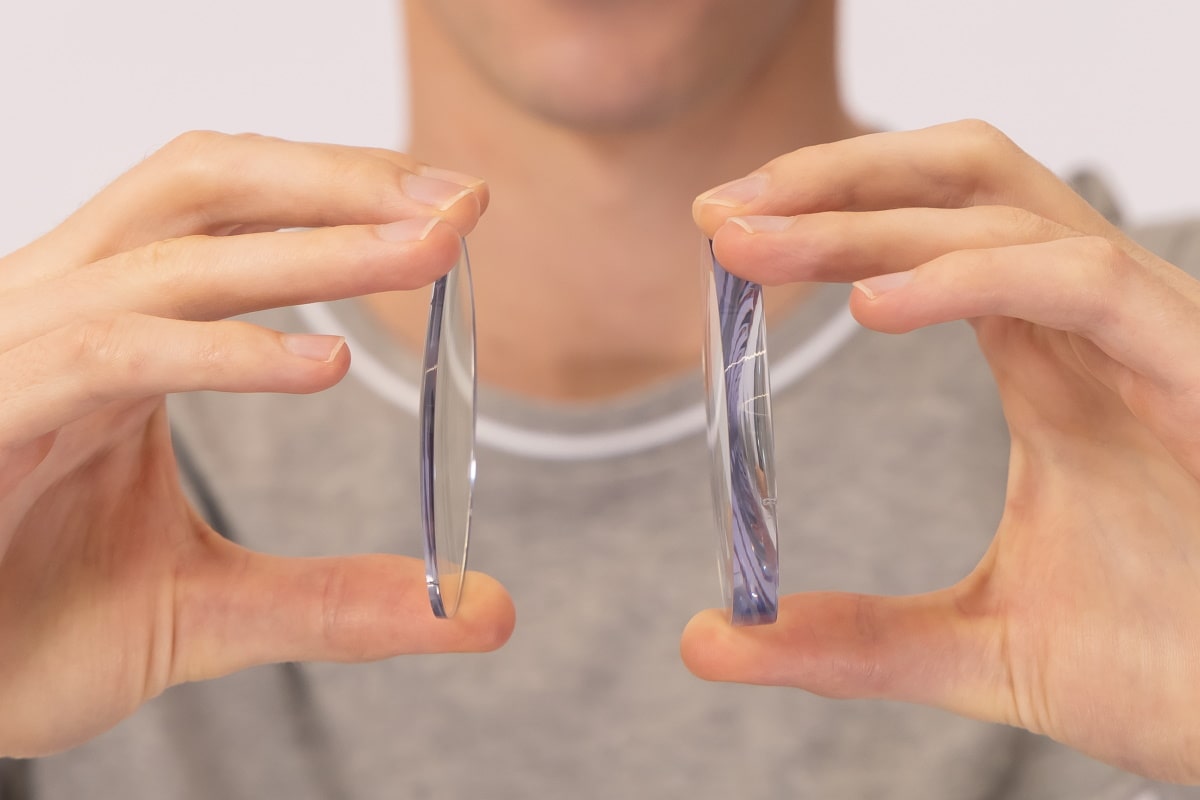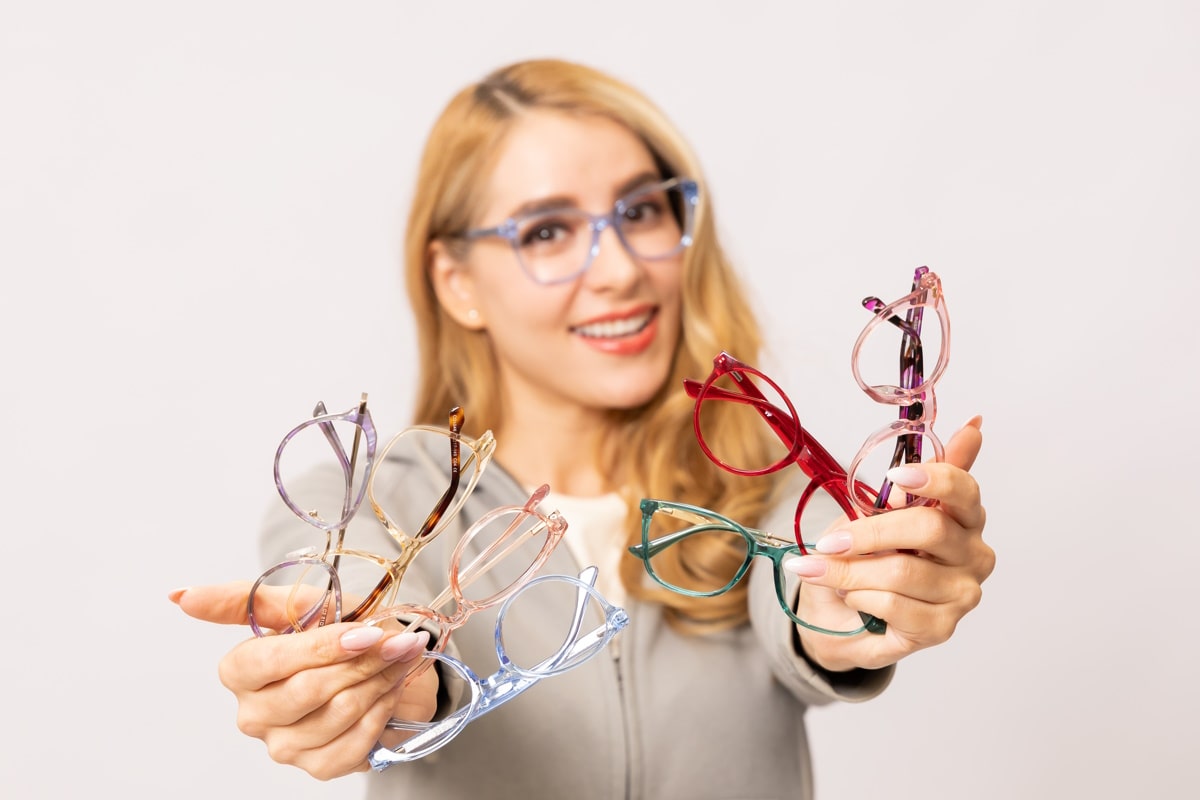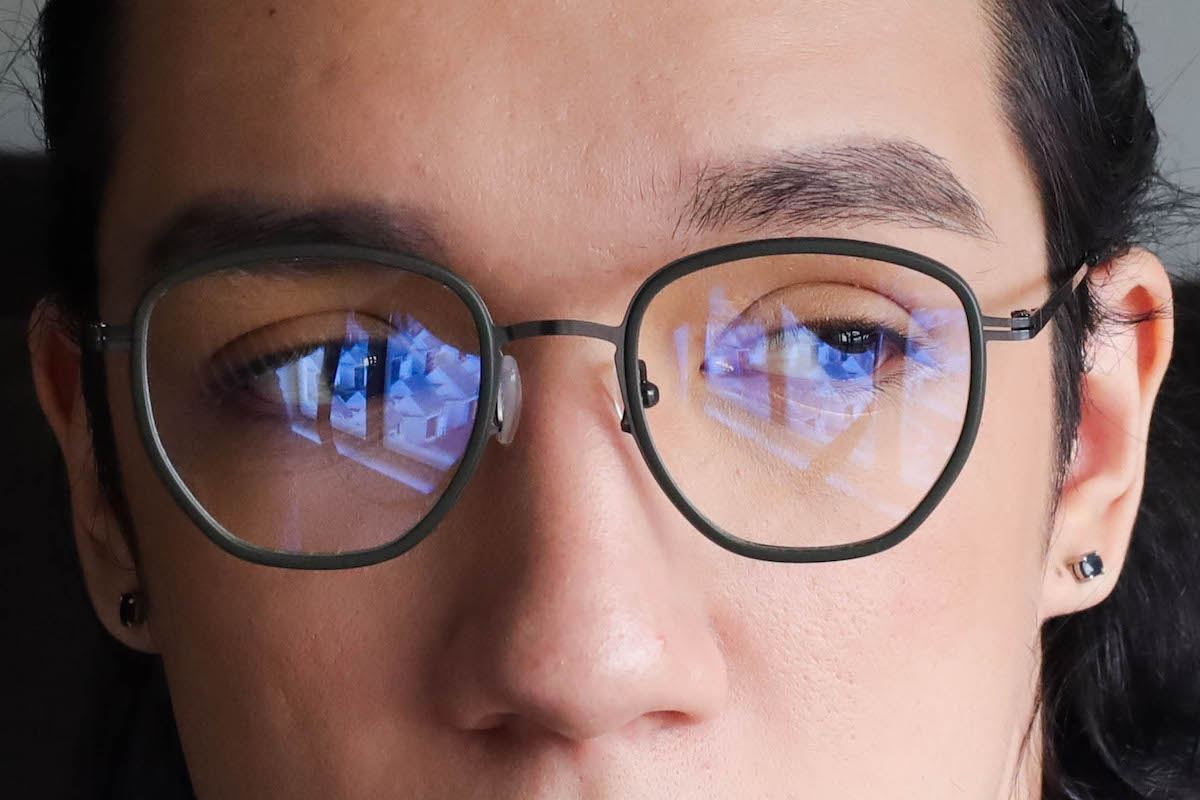7 Tips to Keep Your Eyes Healthy
Our eyes help us make sense of our surroundings, guide our day-to-day tasks and help us enjoy life to the fullest. We shouldn’t take them for granted.
It’s very important to take care of our vision and detect any eye diseases as early as possible – especially if they run in the family.
Perhaps because some eye problems come with age, not many people know that there’s a lot they can do to maintain good eyesight even in their golden years. Here are 7 tips to get you started.
1. Eat the right nutrients
Maintaining a balanced diet is necessary to stay in shape, and the same can be said about eye health. Studies have shown that nutrients such as omega-3 fatty acids, zinc, lutein, zeaxanthin, and vitamins A, C, and E can help prevent the two most common causes of eye problems: cataracts and macular degeneration.
That being said, be sure to include ample amounts of these foods in your diet:
- Leafy greensSpinach, kale and collards are rich in antioxidants and vitamins that prevent the formation of cataracts.
- Fatty fishSalmon, tuna, and other fish rich in omega-3 are essential to keep the macula healthy.
- EggsKnown for having high amounts of lutein and zeaxanthin, having eggs in your diet can help shield your eyes against harmful blue light—just think of it as a natural sunblock!
- Nuts, beans, and meatThese foods contain plenty of zinc that’s good for your retina’s health.
- Citrus fruitsLemons, oranges, and other citruses are high in vitamin C which can protect your eyes from free radicals.
Eating healthy is especially important for those with diabetes (or those who have diabetic family members), as they are at risk of developing diabetic retinopathy, where too much sugar in the bloodstream causes damage to the light-sensitive tissue at the back of the eye, which may harm your vision and even lead to blindness.
2. Exercise regularly
Exercise isn’t just good for maintaining a trim figure. Having an active lifestyle is essential to control diseases like diabetes, high blood pressure, and high cholesterol, which can also result in vision problems over time.
Moreover, because exercise improves blood circulation and helps remove toxins from the body, it’s also an extra step in making sure that your eyes are receiving sufficient amounts of oxygen.
3. Stop smoking
Smoking is not only a common cause of health issues such as lung cancer and heart disease, but can also lead to eye diseases like cataracts, glaucoma, macular degeneration, diabetic retinopathy and dry eye syndrome.
Fortunately, your body can still recover from years of smoking-induced harm. The sooner you quit, the healthier your eyes, lungs, heart, and just about every other body part will be.
4. Wear sunglasses and protective gear
More than a stylish accessory, sunglasses play a big part in protecting your eyes from harmful ultraviolet (UV) rays emitted by the sun. This is especially important if you spend a lot of time outdoors, as too much UV exposure puts you at the risk of developing cataracts and macular degeneration. For optimal protection, choose a pair that blocks 99% to 100% of UVA and UVB radiation. Additionally, you can also wear a wide brimmed hat to reduce the amount of exposure even further.
Similarly, if you’re working on a home improvement project, or play specific sports such as hockey, lacrosse, skiing, or snowboarding, proper eyewear is necessary to avoid serious eye injuries. Those with factory or construction jobs will also need protective eyewear to shield their eyes from hazardous or airborne materials.
5. Opt for blue light lenses
In today’s digital era, you’re exposed to more blue light than ever, with most of us on our laptops, phones, and other devices for long hours. While blue light isn’t entirely bad, excessive amounts could damage the light-sensitive cells found in the retina, exacerbating eye problems and even affecting sleep patterns.
What’s more, our eyes are not very good at filtering out blue light, which is likely why many experience digital eye strain when using devices for extended periods of time. Thankfully, there are tons of blue light blocking glasses available in the market, and if you don’t have a prescription or wear contact lenses, you can also get these special glasses without corrective lenses.
Find out more about Mouqy’s blue light blocking glasses here.
6. Take regular screen breaks
This is a pretty obvious tip that people often neglect. So, consider this as a gentle reminder to be kind to your eyes (and also to your back, neck, and shoulders) by taking a break every now and then. A popular method to avoid digital eye strain is to follow the 20-20-20 rule, which is simply to look at an object 20 feet away for 20 seconds every 20 minutes.
It also helps to keep the top of your computer screen slightly below eye level, and to always make sure that the screen is around 20-24 inches away from your eyes. If you have dry eyes, remember to blink more often and use lubricating drops when necessary.
7. Schedule regular eye exams
They say prevention is better than cure. While children usually have vision screenings and checkups as a requirement for school or other activities, adults often need something more detailed, such as a comprehensive dilated eye exam. This is important as many eye diseases usually have no warning signs, and the only way to detect them is through these exams.
To give you a better idea, here are some of the things you can expect in the exam:
- A visual field testMeasures your peripheral vision, which is a good way to spot signs of glaucoma.
- A visual acuity testMeasures how sharp your eyesight is when it comes to reading things at various distances. Learn more in our in-depth post.
- TonometryMeasures eye pressure, which is also necessary to check for signs of glaucoma.
- DilationExamines the important tissues at the back of the eye, such as the retina, macula, and optic nerve.
For those who wear glasses or contacts, you will also go through a refraction test to figure out which lenses will give you the clearest vision.
How often you’ll need to take these exams will depend on your background, such as your age, health, as well as your family’s medical history. For example, those with diabetes may need to get exams yearly, and if you have family members with eye diseases, you may also need to schedule regular appointments even though you aren’t experiencing any noticeable symptoms.
Of course, it’s best to consult your eye doctor first on the best time to take the exam, along with how often you’ll be needing these exams.
On finding the right doctor
Before you take the exam, it’s important to select a doctor that you know and trust. Moreover, the type of eye doctor you’ll have to visit will also depend on your eye concerns. For example, an optometrist would be a good place to start for primary eye care, but if you think you’ll be needing eye surgery, you’ll need to seek the help of an ophthalmologist.
Adopt healthy habits for life
Our eyesight has a direct impact on our overall quality of life.
Start practicing these simple and practical tips today to enjoy healthy vision for many more years to come!

Written by:
Allysa Gatchalian

Reviewed by:
Dr. Melody Huang

